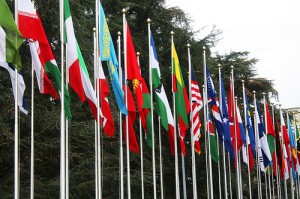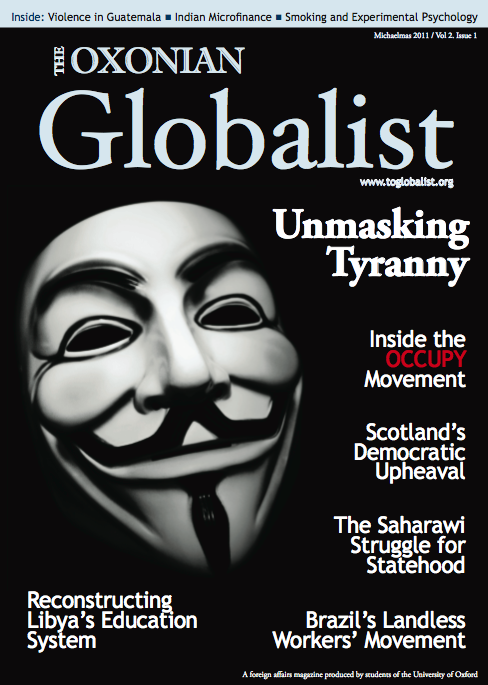
The UN derives its power from the support of its member nations. Photo by Radar Communication via Flickr.
On February 5th, the United Nations Security Council (UNSC) failed to pass a resolution condemning the Syrian government’s continued use of violence against dissenters. Despite the overwhelming support of the majority of the UNSC, opposition from Russia and China resulted in a double veto that prevented the draft resolution from being passed. In light of widespread criticism of the nay voters and a rising death toll in Syria, some governments have begun to question whether the Security Council is relevant at all. Already, the US is gathering support for a coalition of the willing outside the UN to impose sanctions and bring diplomatic pressure against Syria. To do so would be a mistake.
Despite the failings of the UN, and in particular the Security Council, the legitimacy of its work depends on its members’ continued faith in its institutions. By working outside the UN, the US and its allies are undermining the only organisation in which countries have committed to maintaining a permanent diplomatic presence— an extraordinary feat, considering the extremely diverse interests of the 193 member states. Forming a coalition outside of the Security Council, the only body with universal jurisdiction over international law, would set a precedent that multinational sanctions may be pursued without the approval of the UNSC. The system of international governance, set up to bring order to an otherwise chaotic international state of affairs, loses all credibility when its proponents stop playing by its rules.
It is indisputable that the people of Syria require help; last week, the death toll reached 6000. It is not so clear that the Syrian people’s interests are best served by circumnavigating Russia and China, two of Syria’s closest allies. The Assad regime can only continue to repress its people with the support of its allies, which even now is waning as they find themselves on the losing end of international opinion. Continued diplomatic pressure through the channels of the UN is the only way to sway Russia and China. Though action independent of the UN through a US-led coalition may bring more pressure in the short-term, Assad’s regime will have a better chance of survival if Syria continues to be supported otherwise.
Nonetheless, the ongoing regime changes in the Middle East highlight the inadequacies of the UN and its inability to respond to rapid change. The divide between nations on how to deal with these kinds of crises is one cause of the inefficacy of the UN’s actions. However, it is precisely this divide, the fact that disagreement exists and interests diverge, that means we require more, not less, of the United Nations.



